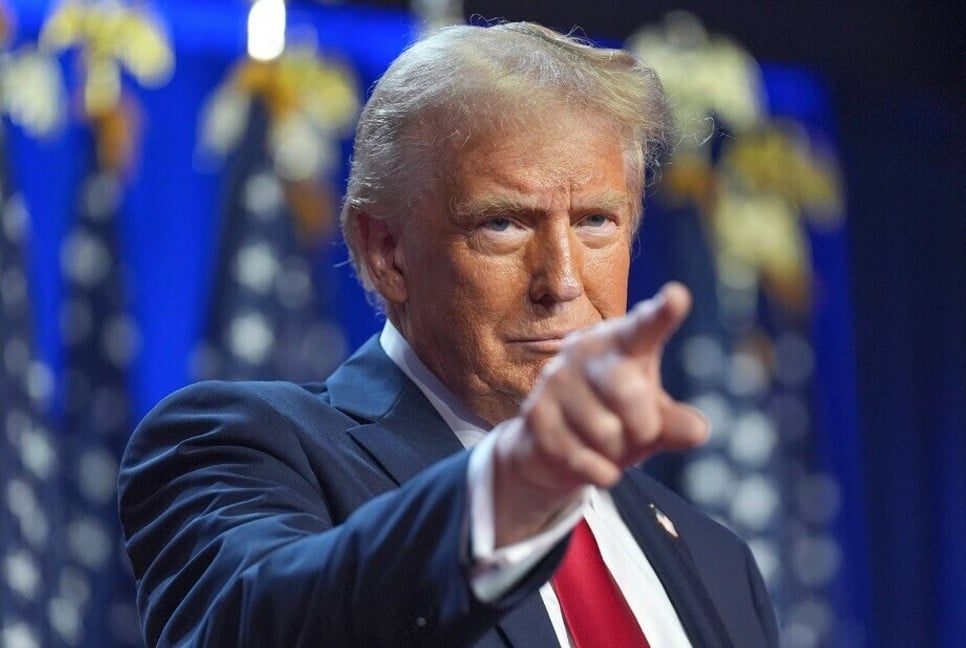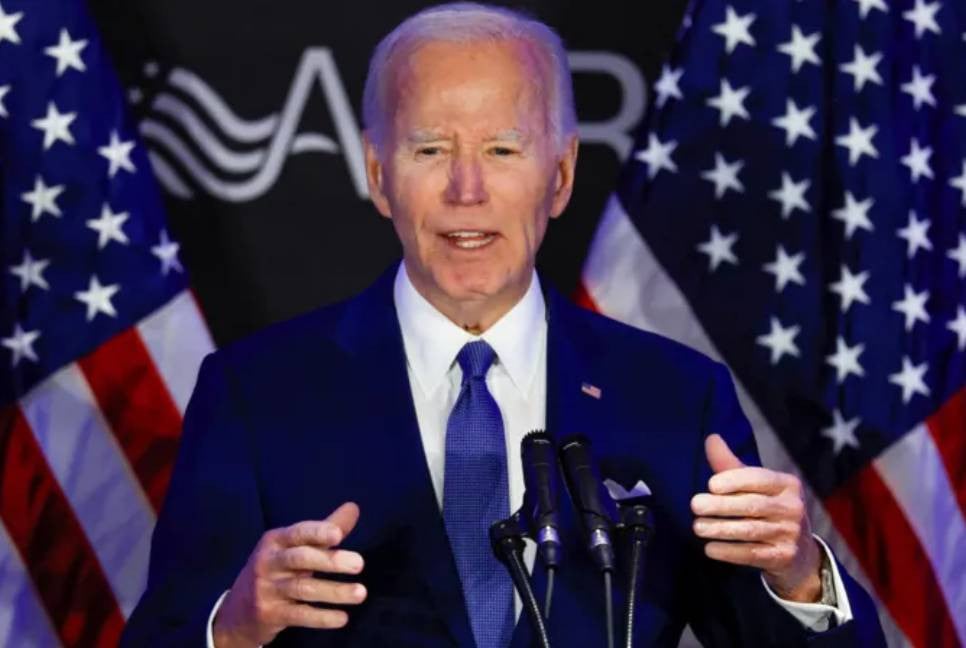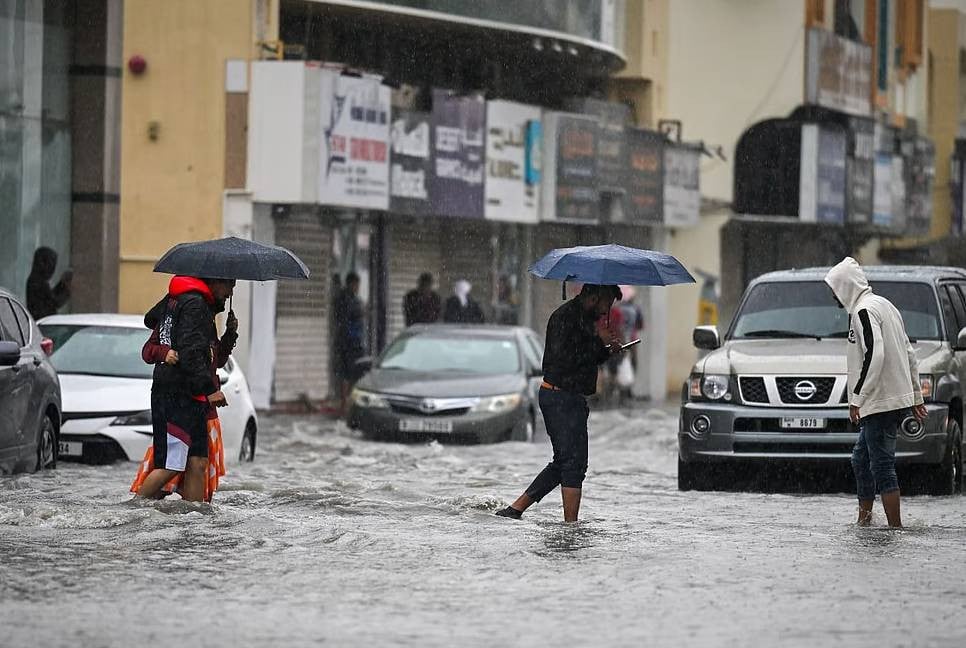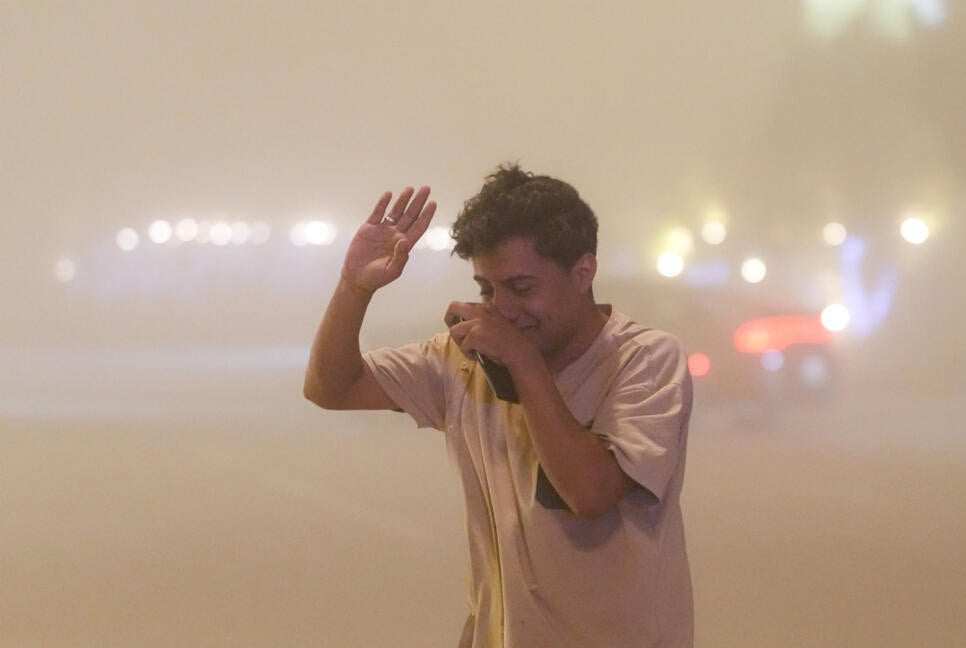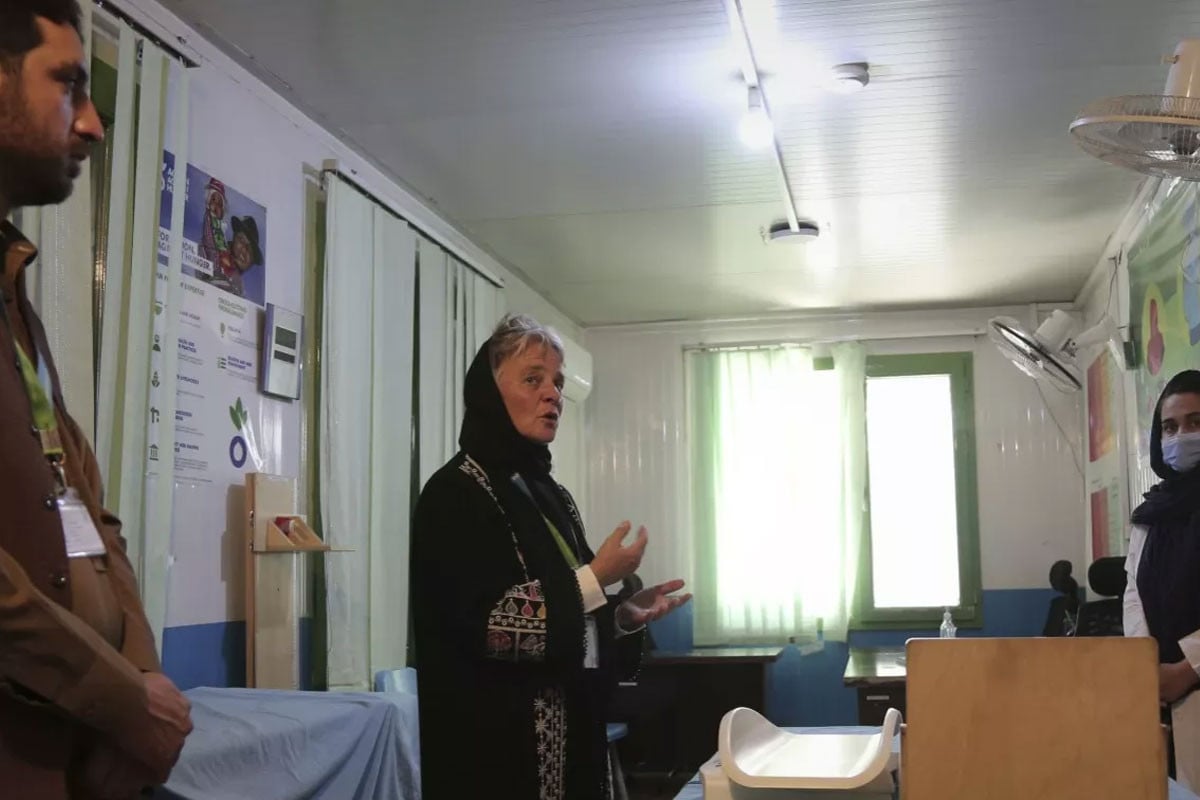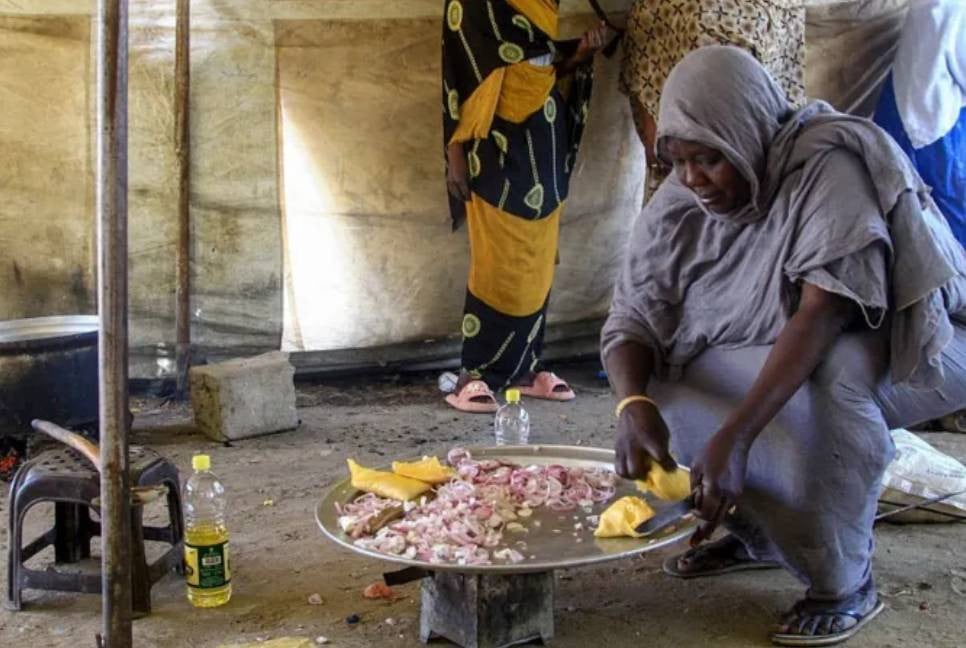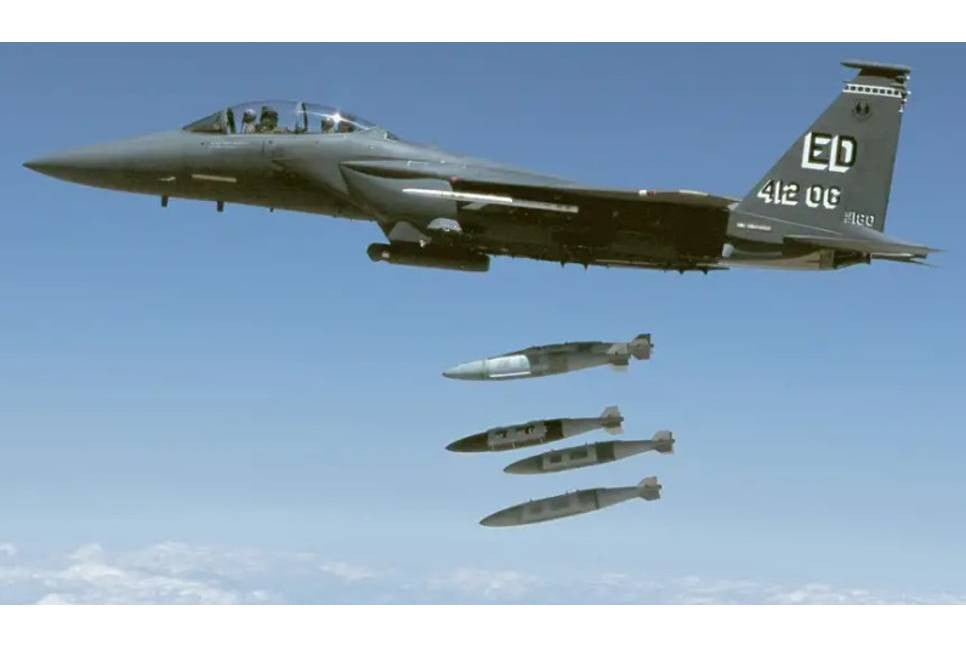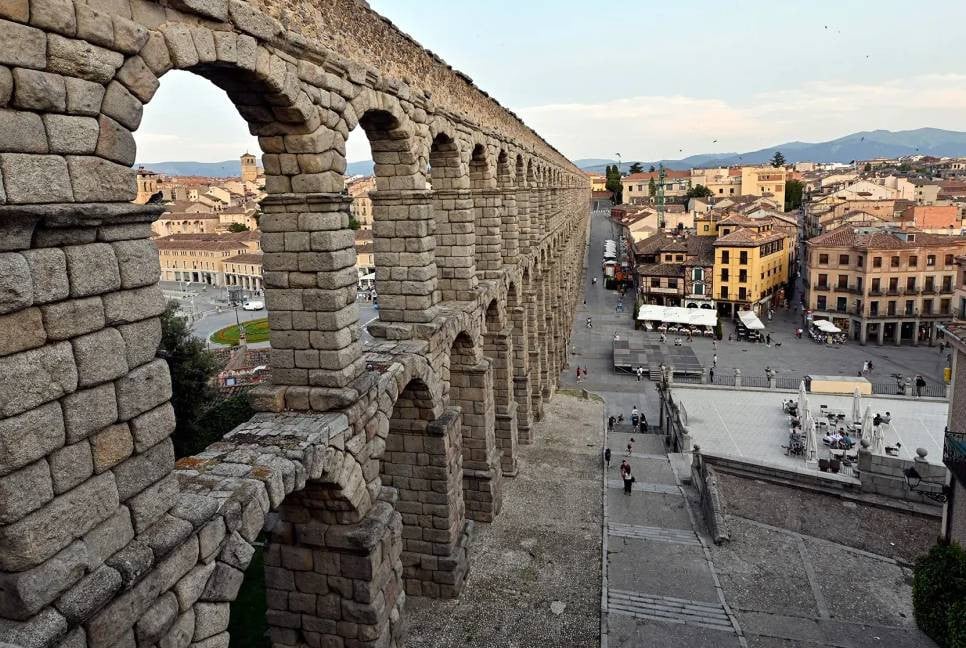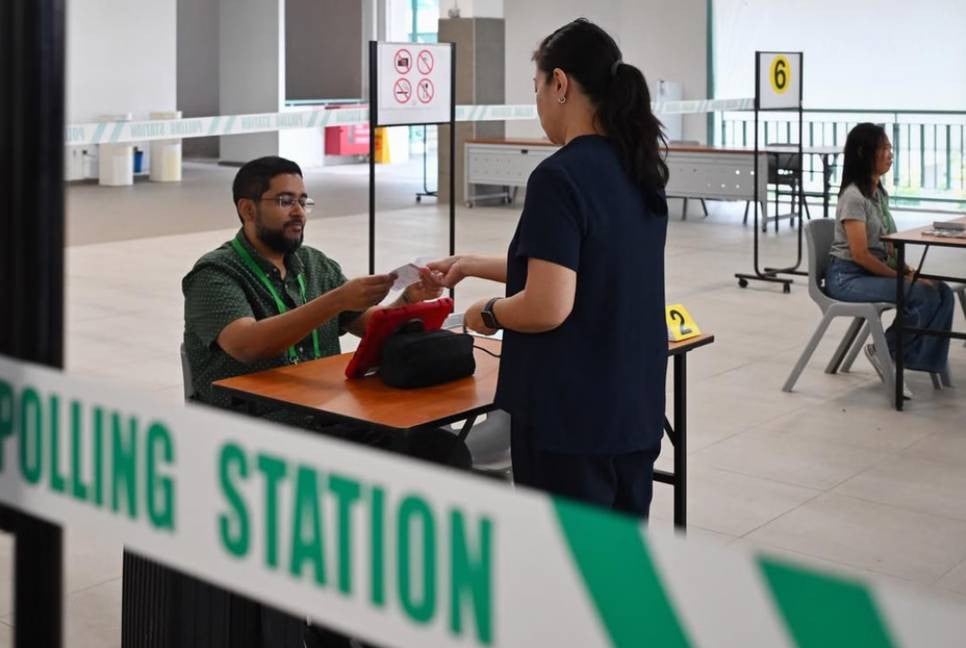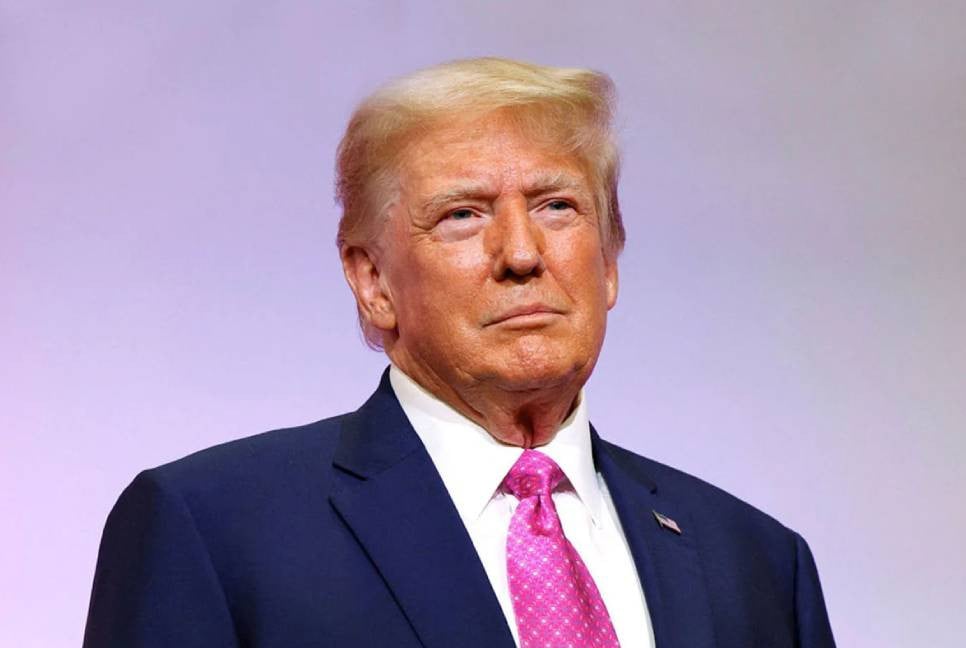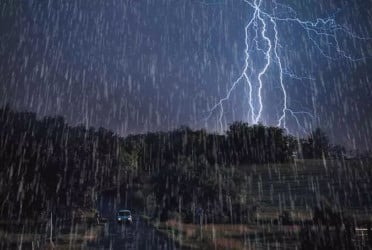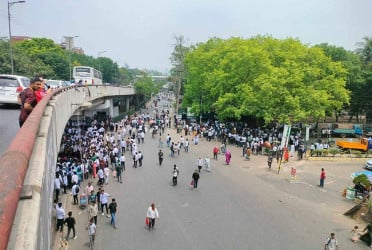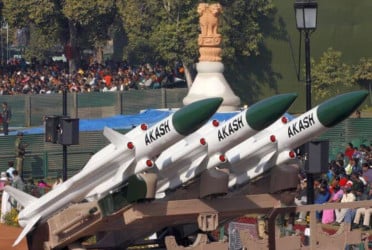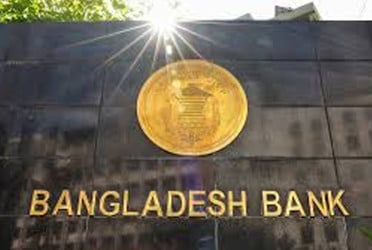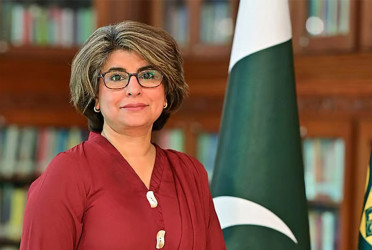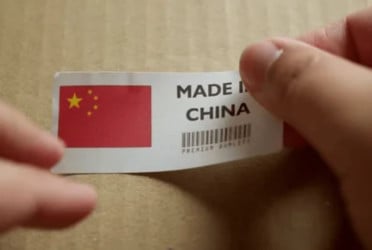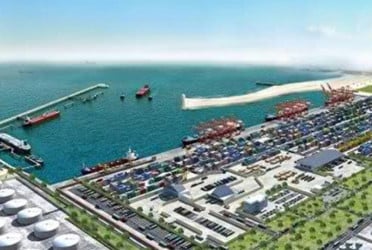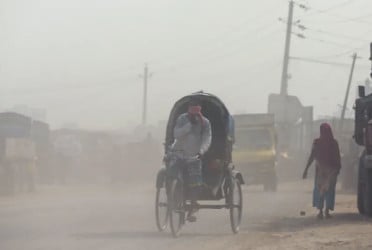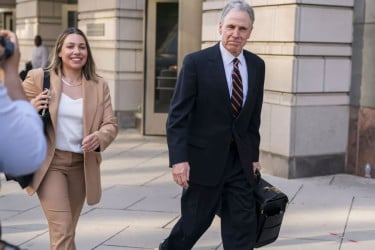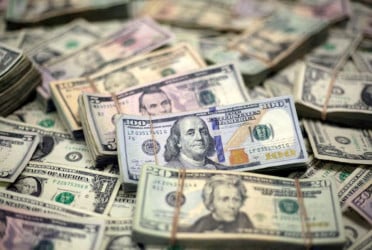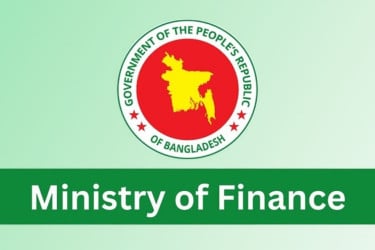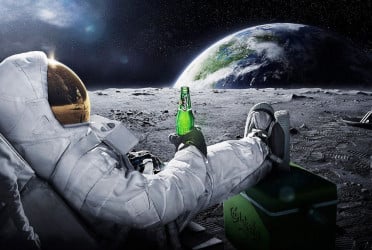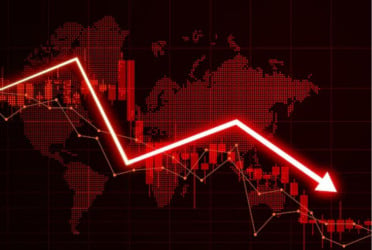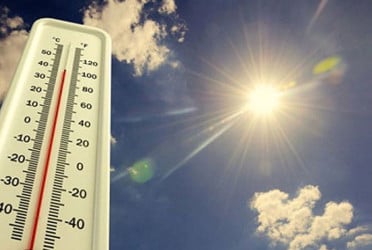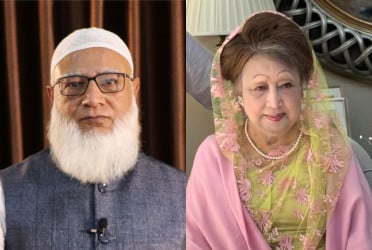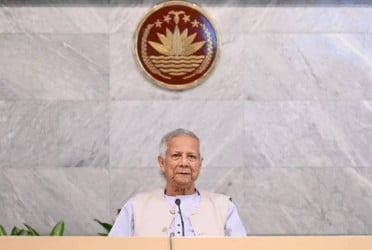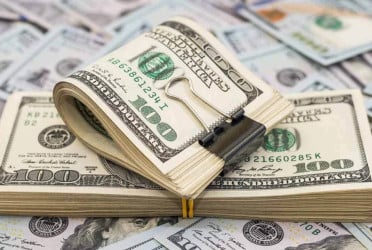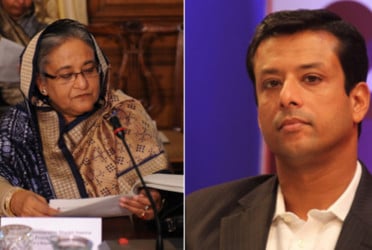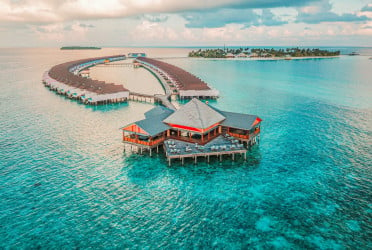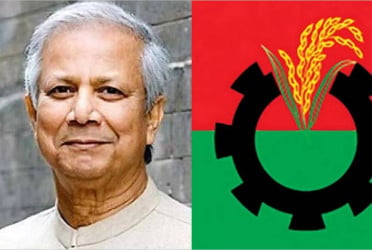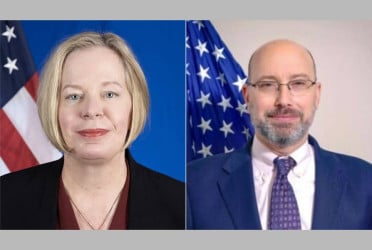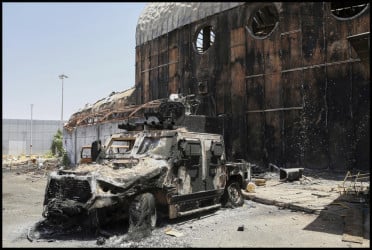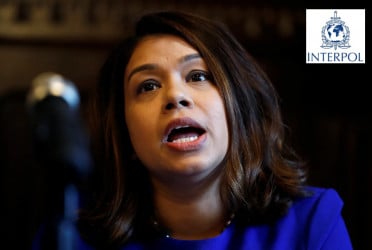As Donald Trump seeks a second term as U.S. president, many are asking whether his approach will differ from his first stint in office. While domestic policies dominate concerns within the U.S., the world is watching closely, particularly when it comes to his foreign policy.
Donald Trump is back, becoming only the second U.S. president after Grover Cleveland to win non-consecutive terms, and his return is causing concern both at home and abroad. Many view Trump as a divisive figure, with journalists Peter Baker and Susan Glasser noting in 'The Divider' that he "made divisiveness the calling card of his presidency."
As they wrote in their 2022 book, "The former president, twice impeached and twice acquitted, is the only chief executive since the founding of the nation to obstruct the peaceful transfer of power. The Trump era is not past; it is America’s present and maybe even its future."
Indeed, the Trump era appears set to continue, with the next four years potentially marked by more of the same. As Republican Senator Lindsey Graham once described him in 2015, Trump remains a "wrecking ball," while former president George W. Bush’s brother, Jeb Bush, called him a "chaos candidate" who would be a "chaos president."
The U.S. is grappling with the aftermath of Kamala Harris' loss, a moment that raises questions about how and why things went wrong. It's a complex situation, much like the proverbial story of blindfolded men trying to describe an elephant by touching different parts. With so many variables at play, the true picture is difficult to grasp. As one African-American analyst on CNN bluntly put it, "Well, if America wants Trump, then let America have him."
David Brooks, in ‘The New York Times’, offered a class-clash analysis, writing that “The great sucking sound you heard was the redistribution of respect” among those in the “bottom decile.”
Tom McTague, writing for ‘UnHerd’, took a more cynical approach, suggesting that while Trump horrifies many outside the U.S., he resonates with some due to his familiarity, likening him to characters like Tony Soprano and Walter White. He described Harris as a mere caricature, further complicating the question of why she lost.
"We are back in Trump’s world," McTague writes, adding that the real danger may be Trump becoming more adept at navigating Washington's power structures, "like the velociraptors in ‘Jurassic Park’ that learned while hunting their prey, making them infinitely more dangerous."
Trump's approach to global affairs remains a key question as he returns to power. In 'Fear', Bob Woodward revealed that White House Chief of Staff John Kelly called Trump an “idiot” and “unhinged,” while Secretary of Defense James Mattis believed Trump had the understanding of “a fifth or sixth grader.” His interactions with NATO and U.S. allies were widely criticized, as were his admiration for autocrats like Vladimir Putin and Kim Jong Un.
Pundits, accustomed to the complexities of international relations, viewed Trump as a transactional isolationist, out of step with modern geopolitical realities. As investigative reporter Wayne Barrett put it, “Everyone else in the movie that Donald Trump is making with his life…is an extra.”
While Trump’s narcissism is clear, the question remains: is he also inconsistent and whimsical in his foreign policy approach?
In a January 2016 assessment for ‘Politico’, Thomas Wright of the Brookings Institution argued that Donald Trump's foreign policy views, often seen as inconsistent, are actually rooted in a consistent, long-standing worldview. Wright wrote, “One of the most common misconceptions about Donald Trump is that he is opportunistic and makes up his views as he goes along,” adding that a careful reading of his statements over three decades reveals a coherent stance that is unlikely to change. Trump’s core message was that the liberal international order created by the U.S. has been disadvantageous to America and must be dismantled.
Trump’s foreign policy, as Wright noted, is based on three main points: America is overstretched, U.S. allies have taken advantage of it, and the global economy doesn't serve America well. His solution: America needs a strong leader, and as his campaign slogan suggested, “Trump will fix it.” Though his approach may seem pre-WWII or even 19th-century, it remains unchanged, especially now that Trump understands Washington’s power structures.
Trump’s 1990 interview with ‘Playboy’ reveals his longstanding view on military strength and foreign relations. He said, "He would believe very strongly in extreme military strength...He wouldn’t trust anyone," and criticized the U.S. for defending wealthy countries like Japan without compensation. As president, Trump largely implemented this stance, reflecting a long-held belief in military dominance and skepticism of allies.
Elizabeth Saunders’ 2011 book, ‘Leaders at War’, emphasized that leaders’ beliefs shape their actions, influencing decisions both domestically and internationally. While external factors also impact choices, a leader's longstanding predispositions play a crucial role in shaping their behavior.
Trump’s domestic policies, particularly his treatment of immigrants and minority groups, could influence his foreign policy. For example, his controversial stance on Israel and Gaza may affect his relations with Arab and Muslim communities, which played a role in Harris' loss among these groups. However, Trump is less likely to face similar electoral pressures during his second term.
Trump’s foreign policy approach may also be shaped by his domestic agenda. His “hardline MAGA” cabinet appointments are expected to target Washington elites and seek to dismantle regulatory frameworks. Yet on the foreign policy side, early appointments suggest a more traditional Republican approach.
As Trump takes office again, key areas of focus will likely include NATO and European security amid the ongoing Russo-Ukraine war, competition with China, and Middle Eastern conflicts. These issues will define his foreign policy as he seeks to reshape America’s role on the global stage. In April 2016, Donald Trump told a rally in Milwaukee that he would be fine if NATO
broke up, criticizing U.S. allies for relying on American military protection without paying their fair share. “Either they have to pay up for past deficiencies or they have to get out,” he said. While he did not go as far as dismantling NATO during his presidency, Trump pushed European allies to increase defense spending, and his rhetoric instilled fears that he might withdraw the U.S. from the alliance altogether.
NATO members, especially in Europe, responded by ramping up defense budgets, especially after Russia's annexation of Crimea in 2014 and the invasion of Ukraine in 2022. However, challenges remain, such as production capacity and strategic dependence on the U.S. Despite higher spending, Europe’s reliance on U.S. military cover persists, as seen in Germany’s strategic struggles post-Ukraine invasion. Chancellor Olaf Scholz’s “Zeitenwende” speech in 2022 promised a major shift, but reports indicate that Germany’s defense policy has failed to meet its goals.
Trump, whose foreign policy favored reducing U.S. military involvement abroad, will face a very different Europe than the one he left in 2020. With NATO’s future at stake, Trump’s stance on NATO and the Russo-Ukraine war will be key factors in shaping U.S.-Europe relations. While a full NATO withdrawal is unlikely, Trump could still allow the alliance to weaken, particularly in light of growing economic problems and divisions within Europe.
In 2020, Trump infamously declared that NATO was “dead” and threatened to leave, a sentiment reflected in his interactions with European leaders. Though a 2023 bipartisan U.S. law bars unilateral withdrawal from NATO, the president retains significant power in deciding U.S. military commitments, especially under Article 5 of the NATO treaty, which requires collective defense but gives individual member states the discretion to act.
As the Russo-Ukraine war unfolds, Trump has suggested he could resolve the conflict in 24 hours, a claim dismissed by Kremlin spokesperson Dmitry Peskov. Despite doubts about Trump's ability to end the war quickly, Russian President Vladimir Putin has expressed openness to dialogue with him, knowing Trump’s skepticism of U.S. foreign entanglements.
Trump’s likely approach to the war, influenced by his vice-presidential pick JD Vance, may involve scaling back U.S. support for Ukraine, freezing territorial lines, and blocking Ukraine’s NATO bid. This strategy would depend on Ukraine’s willingness to accept a status-quo peace deal, though without U.S. support, Kyiv may struggle to maintain its position against Russia. Trump's posture could shift the balance of power in the conflict, further testing NATO unity.
Trump's approach to China is unlikely to shift significantly in his second term, as the structural dynamics of U.S.-China competition remain unchanged. Trump initiated an unprecedented trade war with China in 2018, imposing tariffs up to 25 percent on Chinese imports. On the campaign trail, he suggested tariffs could rise to as high as 60 percent.
This economic confrontation is part of a larger geopolitical struggle, as political scientist John Mearsheimer describes in his theory of "great power politics." When Joe Biden took office, many expected a shift in policy, but instead, he continued many of Trump's strategies, including
targeting China’s tech industry with semiconductor restrictions. The Biden administration’s “small yard, high fence” strategy aims to contain China's rise as a global power.
Trump, whose admiration for tariffs is well-documented, is likely to double down on these policies. As he put it at the Economic Club of Chicago, "the most beautiful word in the dictionary is tariff." Despite mainstream economists arguing that tariffs harm consumers and reduce economic efficiency, Trump remains unconvinced, viewing them as an essential tool in economic negotiations.
While the details of Trump’s stance on the Quad (the U.S., Australia, India, Japan security dialogue) and the AUKUS security pact (Australia, U.K., and U.S.) remain unclear, questions have arisen over whether Australia will fully control the submarines it’s set to receive under AUKUS. The U.S. Navy's shortage of submarines and the AUKUS agreement's stipulation that Australia only receive the submarines if U.S. needs are met add layers of complexity to the arrangement.
Trump's "America First" policy has thus far involved undermining China’s economy through tariffs and sanctions. As he navigates the balance between economic containment and military alliances, his approach to China in a second term could become more aggressive, especially in light of his broader focus on economic nationalism and global dominance.
Donald Trump has often expressed reluctance toward war, famously stating that his "original instinct was to pull out" of Afghanistan, but ultimately deferring to his military generals. However, his Middle East policies, particularly regarding Israel and Palestine, may have indirectly contributed to the October 7 Hamas attack despite his intentions to promote peace.
Trump's strategy was rooted in the idea that normalizing relations between Israel and Arab states, as seen in the Abraham Accords with the UAE, Bahrain, Sudan, and Morocco, would reduce conflict. However, he ignored the Palestinian issue, allowing Israel to continue settlement expansion and to impose policies seen as hostile to Palestinian aspirations. His recognition of Jerusalem as Israel’s capital and the embassy move inflamed tensions, while his administration facilitated Israel’s annexation of the Golan Heights and cut ties with Palestinian leadership.
As his second term approaches, Trump faces a key decision: either continue his alignment with the Israeli right, potentially endorsing further settlement expansion and military actions in Gaza, or shift to a more balanced approach that addresses Palestinian concerns. Based on his past actions, it seems likely he will opt for the former, further entrenching Israeli control and seeking further Arab state submission through defense and economic deals.
The outcome could leave the Middle East more unstable, with ongoing violence, particularly if Trump’s policies embolden Israel’s military actions against Palestinians and Iran. The region’s fragility will depend heavily on Trump’s handling of Iran, with any further U.S. military support for Israel potentially exacerbating tensions.
Donald Trump has long expressed a preference for pulling the U.S. back from global commitments, especially multilateral trade agreements. His decision to withdraw from the Trans-Pacific Partnership (TPP) is often cited as an example. The TPP, a trade pact involving 11 Pacific Rim countries, was expected to boost the U.S. economy by $42.7 billion by 2032, with a further $131 billion in income gains through 2030, according to studies by the Cato Institute and Peterson Institute for International Economics. Trump also renegotiated the North American Free Trade Agreement (NAFTA), calling it the “worst trade deal ever” and replacing it with the United States-Mexico-Canada Agreement (USMCA).
Trump’s strategy often involves using hardball tactics to force other nations into more favorable deals for the U.S. A lesser-known example is his threat to pull out of the U.S.-South Korea Free Trade Agreement (KORUS), which led to tariff impositions and market concessions from South Korea. Trump’s approach seems to align with the "Madman Theory" of negotiation, which aims to create a sense of unpredictability to extract concessions. According to political scientist Joshua Schwartz, Trump adopted this strategy during trade talks, even suggesting he could pull out of deals if his demands were not met. However, while this approach worked in some cases, it didn’t have the same impact on North Korea, where his threats to "totally destroy" the country eventually gave way to diplomacy.
Trump’s approach with NATO and Russia followed a similar pattern, often using threats to push for greater concessions. But his biggest challenge could come in the Middle East, particularly with Iran. Trump's decision to exit the Joint Comprehensive Plan of Action (JCPOA) in 2018 has brought Iran closer to nuclear weapons, and further pressure, especially if aligned with Israel's stance on Iran, could lead to instability across the region. The "Madman Theory" might have limited effectiveness in dealing with complex geopolitical issues, as Trump’s tactics could push the Middle East toward greater conflict.
(Source: DAWN)
BD-Pratidin English/Mazdud

